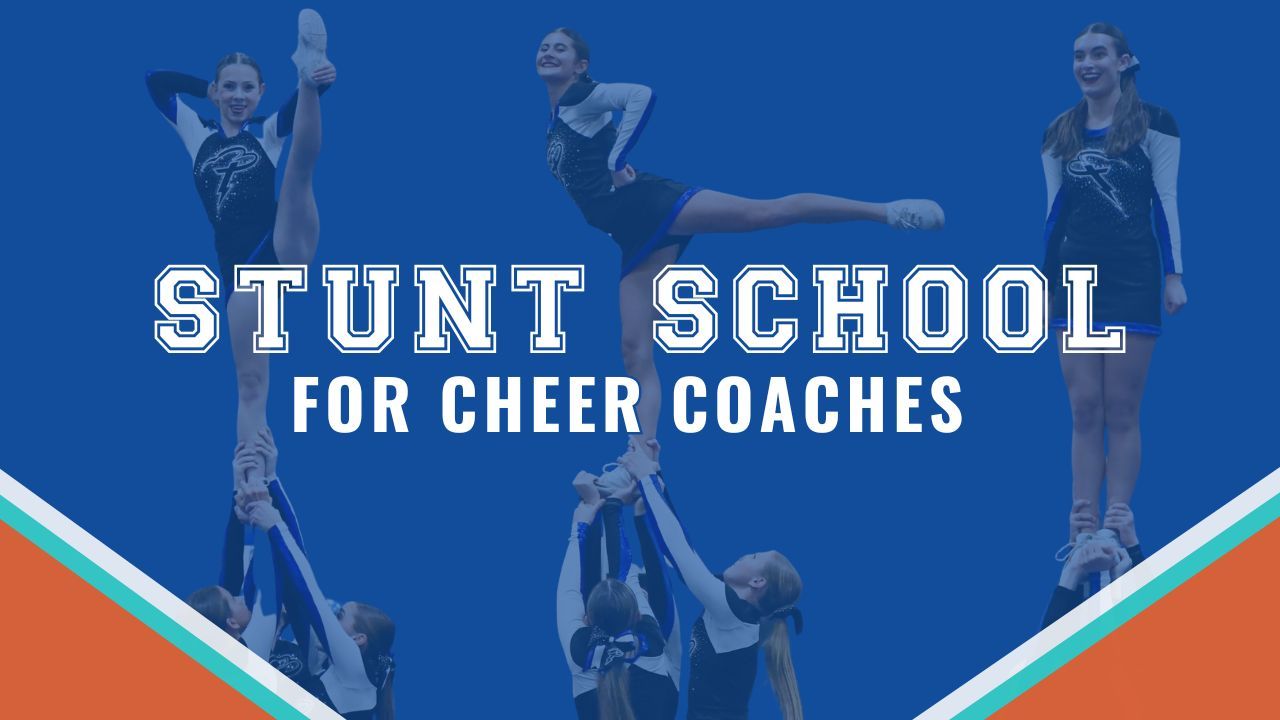What you Gain by Having Closed Practices

From the feedback of coaches I have worked with, I have found out that many coaches face pressure to let parents watch practices. No matter how much pressure you may get, you will experience a number of benefits of closed practices. Closed practices provide a unique set of advantages that contribute significantly to the development of your cheer program as well as confidence for you as a coach. Let’s explore why closed practices can be beneficial and suggest a balanced approach that incorporates both closed and open sessions.
Minimize Parental Pressure
While parental support is crucial, the presence of parents during practices can unintentionally heighten pressure on the athletes. Closed practices provide a space where cheerleaders can learn and grow without external expectations, allowing them to concentrate solely on their training and development.
Focused Learning Environment
Closed practices create a concentrated and distraction-free atmosphere, allowing athletes to immerse themselves fully in their training. Without external influences, athletes can focus on refining and trying new skills, and seeking guidance without any apprehension.
Independence and Confidence
The absence of parents during closed practices fosters a sense of independence among cheerleaders. It encourages athletes to take responsibility for their own progress, set personal goals, and work towards achieving them. This autonomy contributes significantly to building confidence and resilience in young athletes.
Team Building and Cohesion
Closed practices contribute to a deeper sense of camaraderie among team members. With no external influences, athletes can forge stronger connections with their peers, enhancing team spirit and unity—essential elements for executing synchronized routines and building a positive team culture.
Planned Open Practices
While closed practices offer numerous benefits, you may be in an environment where the parents expect to be able to watch. You can strike a balance by incorporating planned open practices. Consider scheduling specific sessions where parents are invited to attend. This provides an opportunity for parents to be involved in their child's journey while still maintaining the benefits of closed practices for focused training.
Ultimately, your guidelines should consist of closed practices to minimize pressure and to offer a space for growth, experimentation, and team building. When necessary, incorporating planned open practices, coaches can strike a balance that benefits both athletes and their supportive parents.
You can learn more about working with parents in this free webinar The Key to Coaching Cheerleading. Find out more here.








